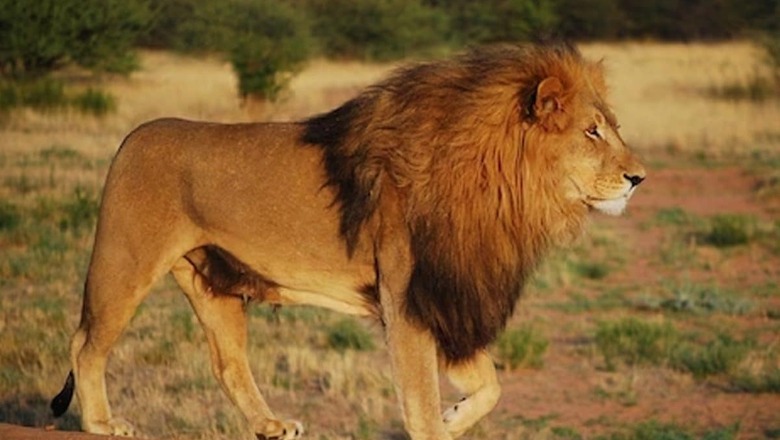
views
Nature can play the trickiest games with us, rendering even the biggest of the beasts helpless in some situations. A testimony of that is the recent study conducted by scientists, according to which an ant species is causing big trouble for African Lions, and the entire ecosystem in Kenya. The study was conducted by the University of Florida professor, Todd Palmer, and a team of scientists, spanning over 30 years. It focuses on the complex relationship between the ants, lions, and other animals at the Ol Pejeta Conservancy in Kenya. Initially, these big-headed ants were thought to be native to Mauritius, but have successfully made their ways in the subtropical, and tropical regions. It has “led to increased herbivory by elephants and ultimately a shift in lion prey species from zebra to buffalo” at the conservancy.
According to professor Todd Palmer, “These tiny invaders are cryptically pulling on the ties that bind an African ecosystem together, determining who is eaten and where.” The University of Florida researchers conducted the impact study at Laikipia County using the hidden cameras, lion collars which linked to satellites and statistical modelling.
It was discovered that the big-headed ants attacked the acacia ants, which were native to the place. This led to the whistling thorn trees being exposed for the elephants to consume, in the area. Because of this there was a visibility increase in the area, making it harder for the lions to hunt zebras, as they relied on the trees to hide, and pounce while hunting. So, they were forced to hunt buffalos, which tend to be bigger, and in groups.
Professor Palmer stated further, “These tiny invasive ants showed up maybe 15 years ago, and none of us noticed because they aren’t aggressive toward big critters, including people.” He continued saying that they are changing the landscapes subtly, which could have devastating effects. Despite that, the lions are able to find solutions to survive in such circumstances. The scientists are curious to what could happen with such a change.
Keywords: Big-headed ants study, Ants impacting ecosystem study, Ants and ecosystem in Kenya conservancy, Ol Pejeta Conservancy study, Lions and ants study


















Comments
0 comment